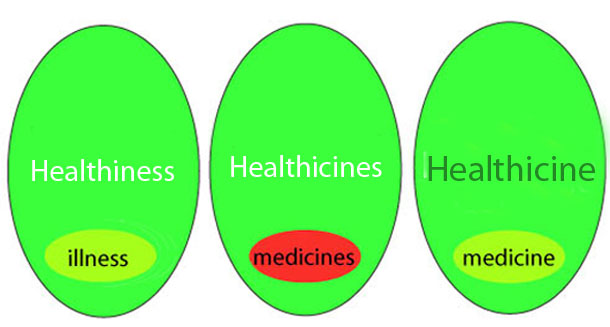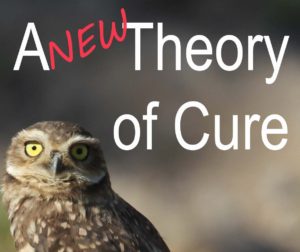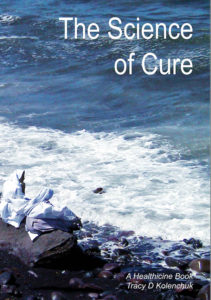What is healthicine?
Is it a word? (it’s not in the dictionary). Is it theory? Is it a practice? Philosophers contemplate the difference between theory and reality – and wonder if reality is just another theory. Mathematicians and scientists define everything as a theory, to be tested. That’s their theory, and they practice it diligently. Eastern philosophies and the martial arts teach that the difference between theory and practice is “practice”. Practice, practice, practice. Comedians joke “in theory, theory and practice are the same, in practice, they are not.” They are right, and funny too.
Is healthicine a theory. No. Healthicine is a lens. A way of looking at things. A tool we can use to see things differently, thus more clearly, and farther.
Medicine is not a theory. It is a practice. Medicine is a tool, a set of tools that we use to diagnose, prevent, treat and sometimes cure illness. Medicine is a powerful lens, or set of lenses, that we use to zoom in and focus on illness, on diagnosis, on treatments, and cures. When we zoom out, take a wider view, we can use our analysis for prevention.
However, when we try to use the medicine lens to view, create, and enhance healthiness, or worse, to ‘diagnose’ healthiness, – it’s like looking backwards through the telescope. The closer we get to the truth, the farther away it appears. And our vision is always distorted by the medical lens.
How can we tell if SOMETHING is ‘good for your health’. Is drinking coffee healthy? Is chocolate good for you? Does red wine make you healthier? You will find consistently that the answer is yes it is, and no it is not, yes it does, and no it does not. This happens because we are using a medicine lens to analyze a healthy action.
Medicine is designed to detect, measure and treat illness. Healthicine’s goal is to measure, enhance, optimize healthiness, and therefore to prevent and even cure illness.
Medicine is like a telescope, or a microscope. It focuses on specific details, it magnifies them, searching for danger.
Healthicine is like a wide angle lens. It views the landscape as well as the trees. Healthiness is about wholeness, not about a problem in a specific area. By studying from a whole viewpoint we will see specific areas more clearly.
Did you ever wonder how someone who is ‘healthy’ can suddenly become very sick – even die in a short time? When we use the medicine lens to search for healthiness, we search and search, but we don’t find any illness – so we assume health. It’s like the Star Trek spoof, where the doctor reports: “I’m not picking up anything on my tricorder scan. He seems perfectly healthy.“ The tricorder is a medical tool – it only measures illness and cannot find healthiness.
Medicine cannot see the forest, for the trees. Medicine cannot see health, for all the illnesses it finds. There are many cases where unhealthiness exists and builds for year and years – and the patient is judged ‘healthy’, because no illness is present. Then suddenly, when illness is diagnosed – illness does not exist until it is diagnosed – it is too late.
Then the medical experts say “we need early detection tools”. Duh… Earlier detection makes the problem worse, not better. It sees more trees, and less healthiness. It soon starts to see more trees (illness) where there are no trees (false positives), but it still doesn’t see healthiness.
We need to study healthiness, we need to measure healthiness – in order to learn to optimize our health.
We need a science of healthicine. We need tools of healthicine. We need principles of healthicine and healthiness. We need many different views of and opinions about of healthicine – today we have but one (this blog). I will be happier when I actually have someone to disagree with.
to your health, tracy
Tracy is the author of two books about healthicine:
This post was originally published in December 2012.



